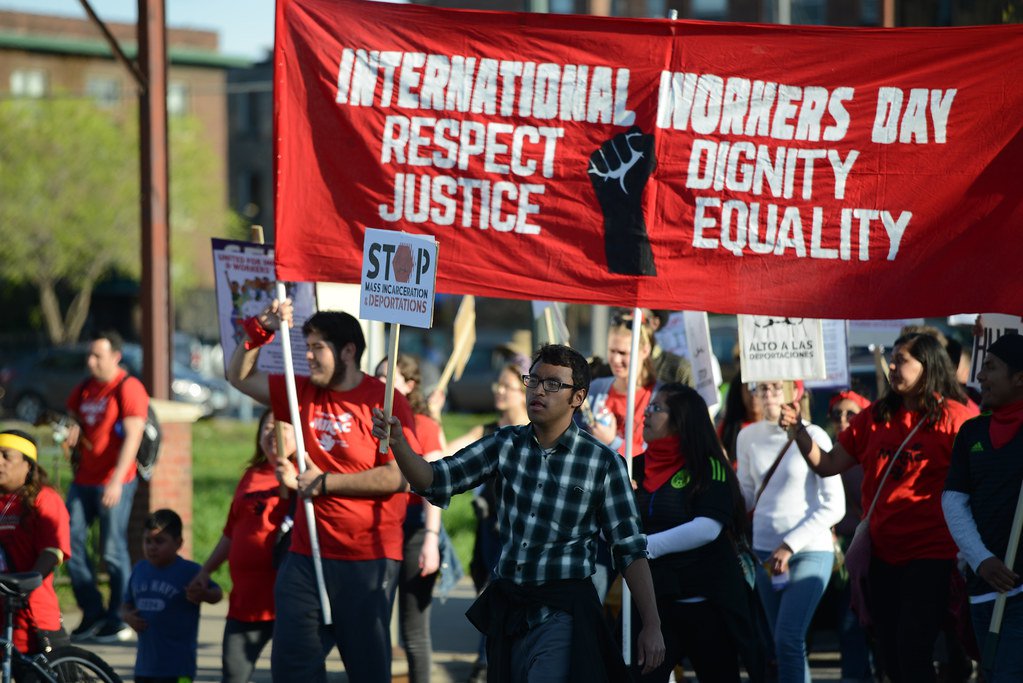
The New York Times recently ran an article on the “painful reprisals” that some employees are experiencing for refusing to come back to what they feel are unsafe conditions.
As businesses reopen after being shut down due to COVID-19, some of these workers are being fired outright. Others are being reported to state officials for having refused work, as a U.S. Labor Department guidance memo has urged, leading to the suspension of their unemployment benefits.
Proving work-related infection can be tricky, but states such as Illinois and California make it easier to show a connection by presuming causation for some occupations.
“Their choices are: ‘Do I go back and risk my life, or say no and risk being kicked off unemployment and not be able to pay my bills?’” Rachel Bussett, an employment lawyer in Oklahoma, told the Times.
Oklahoma has even set up a “Return To Work” email address so businesses can report employees who turn down jobs. At least 179 have done so, the papersaid.
Yet even the nation’s newspaper of record seems unaware of the right to refuse unsafe work free of employer retaliation. In 1980, the U.S. Supreme Court affirmed that right in Whirlpool Corp. v. Marshall, citing an Occupational Safety and Health Administration (OSHA) rule that workers can refuse to perform a task if four conditions are met:
The worker, where possible, has asked the employer to correct the hazard, but the employer failed to do so; the employer has failed to address a hazard after being asked to do so.
The employee has refused to work in “good faith,” due to genuine concern of imminent danger.
A reasonable person would agree that the conditions present a real danger.
There isn’t enough time to get the hazard corrected through regular enforcement channels.
This rule creates an emergency protection for workers in an era in which OSHA is largely lying down on the job. While OSHA sets and enforces safety standards for most workplaces, budget and staffing cuts have impeded its ability to respond.
“That’s one of the reasons why we’re seeing catastrophic results in meatpacking plants, at Amazon warehouses, in transit systems, in other workplaces,” former deputy secretary at the Labor Department Seth Harris said on MSNBC Live. “The cop is not on the beat.”
The National Employment Law Project, a nonprofit group that seeks to protect workers, is now pressing the Labor Department to enforce and publicly clarify rules regarding the right to refuse to work in unsafe conditions and still collect unemployment compensation. The group advocates the use of Centers for Disease Control and Prevention guidelines as a “baseline” to determine workplace safety.
Contracting COVID-19 on the job may also be covered by state workers’ compensation laws that generally require employer-provided insurance for disability pay and health care and also prohibit retaliation for pursuing or getting these benefits. Proving work-related infection can be tricky, but states such as Illinois and California make it easier to show a connection by presuming causation for some occupations.
Yes, we should all expect that some employers will refuse to mitigate dangers, challenge claims or fire workers taking a stand, precipitating more battles over reinstatement and compensation. But workers do have some tools with which to fight back, especially if they have union representation.
The AFL-CIO offers COVID-19 pandemic resources for workers, union and nonunion alike. The National Council for Occupational Safety and Health has guidance in English and Spanish. And the National Employment Law Project provides a “policy toolkit … to help ensure that workers are protected.”
Bottom line: Workers asked to work in situations that present a danger to their health and safety have rights, and should not be afraid to assert them. The alternative could be much worse.
This column was produced for the Progressive Media Project, which is run by The Progressive magazine, and distributed by Tribune News Service.
Kathy Wilkes | Radio Free (2020-06-09T16:43:29+00:00) Workers Can Refuse Unsafe Conditions. Retrieved from https://www.radiofree.org/2020/06/09/workers-can-refuse-unsafe-conditions/
Please log in to upload a file.
There are no updates yet.
Click the Upload button above to add an update.